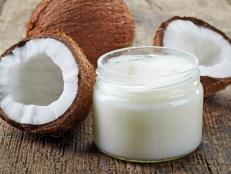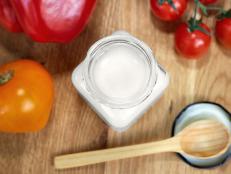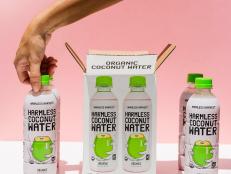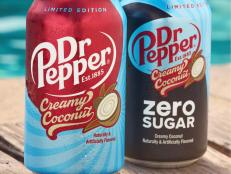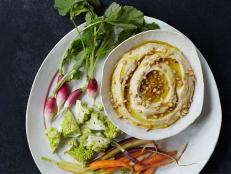The Versatile Coconut
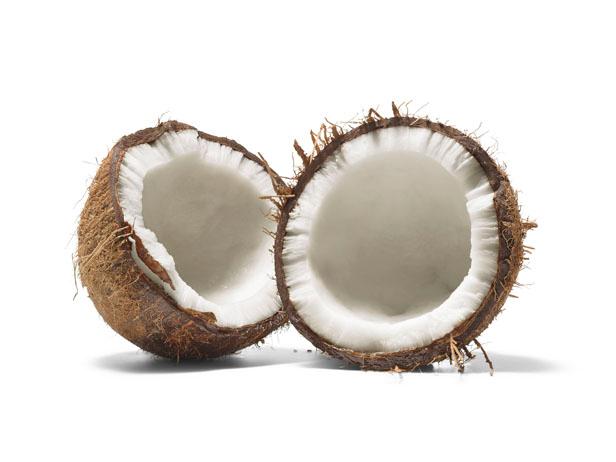
Kang Kim Prop Stylist: Marina Malchin 917 751 2855 , Copyright Kang Kim 2012
For many people, coconuts conjure up an image of a tropical island vacation but this versatile fruit has far more benefits and applications than flavoring a piña coladas. Coconuts have been studied for their antimicrobial, antiviral and immune boosting properties due to the medium chain fatty acids, lauric acid and capric acid, found in them. Fresh coconuts can be found whole in many grocery stores and ethnic markets. Coconut has been getting quite a bit of buzz lately and you may have seen a wide variety of coconut products available at your grocery store. Have you been wondering what are they and if they're good for you? Well I did too, and here is the scoop.
Coconut water is the thin, slightly opaque liquid found inside freshly cracked coconuts. One cup of coconut water has 46 calories and is a good source of fiber, potassium, magnesium and vitamin C. Opt for an unsweetened version; the added sugars and flavors make a good thing less healthy really quickly.
Coconut milk is a creamy, non-dairy alternative made by processing coconut meat with water. Again, unsweetened is best. Coconut milk is used in many non-dairy ice creams as well and let me tell you, it is tasty!
Cream of coconut is made using the same method as coconut milk and varies in consistency from a thick liquid to a spreadable semi-solid.
Coconut oil is a cholesterol-free saturated fat that can be used in both baking and cooking. It has a relatively high smoke point and is a solid at room temperature. Coconut oil may help raise HDL levels but because it is a fat, it should be used sparingly and within daily caloric and fat requirements.
Coconut flour is a gluten-free alternative made by grinding coconut meat into a fine powder.
Coconut sugar is available as a paste, a syrup or nectar, a dry block and granules. It is made by boiling the sap of coconut flowers and has a glycemic index score of 35 (similar to honey) which is less than sugar. The less it is processed and refined the better it is for you.
If you have yourself a whole, fresh coconut, take a look at Food Network Magazine's step-by-step guide on how to break it down. And if you're feeling particularly adventurous, you can drink the coconut water right from the coconut with the magazine's instructions.























